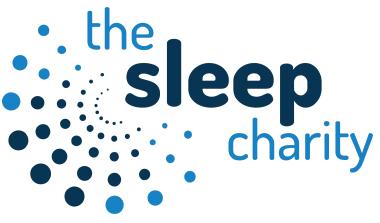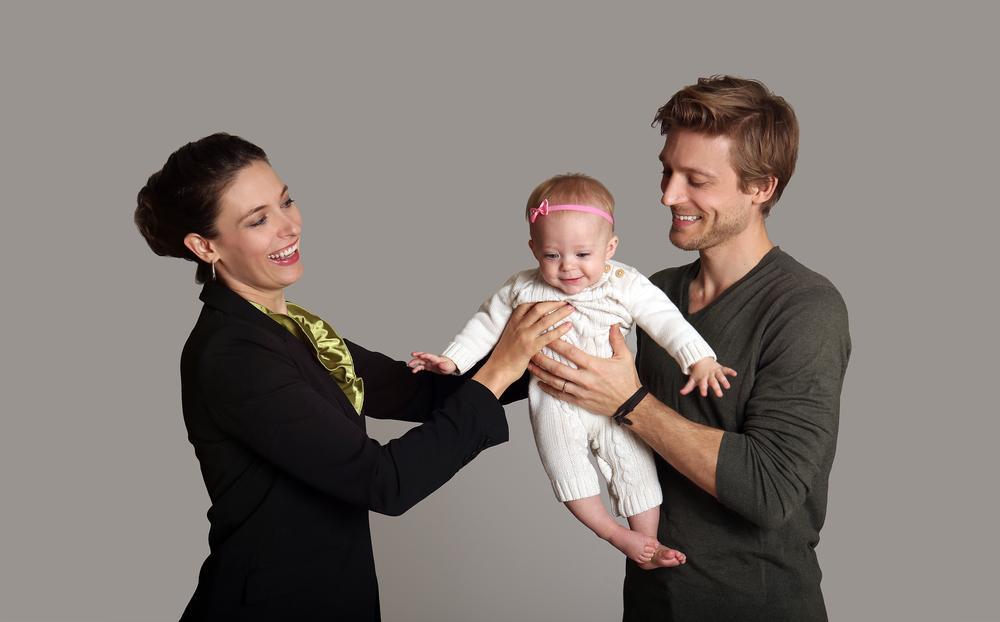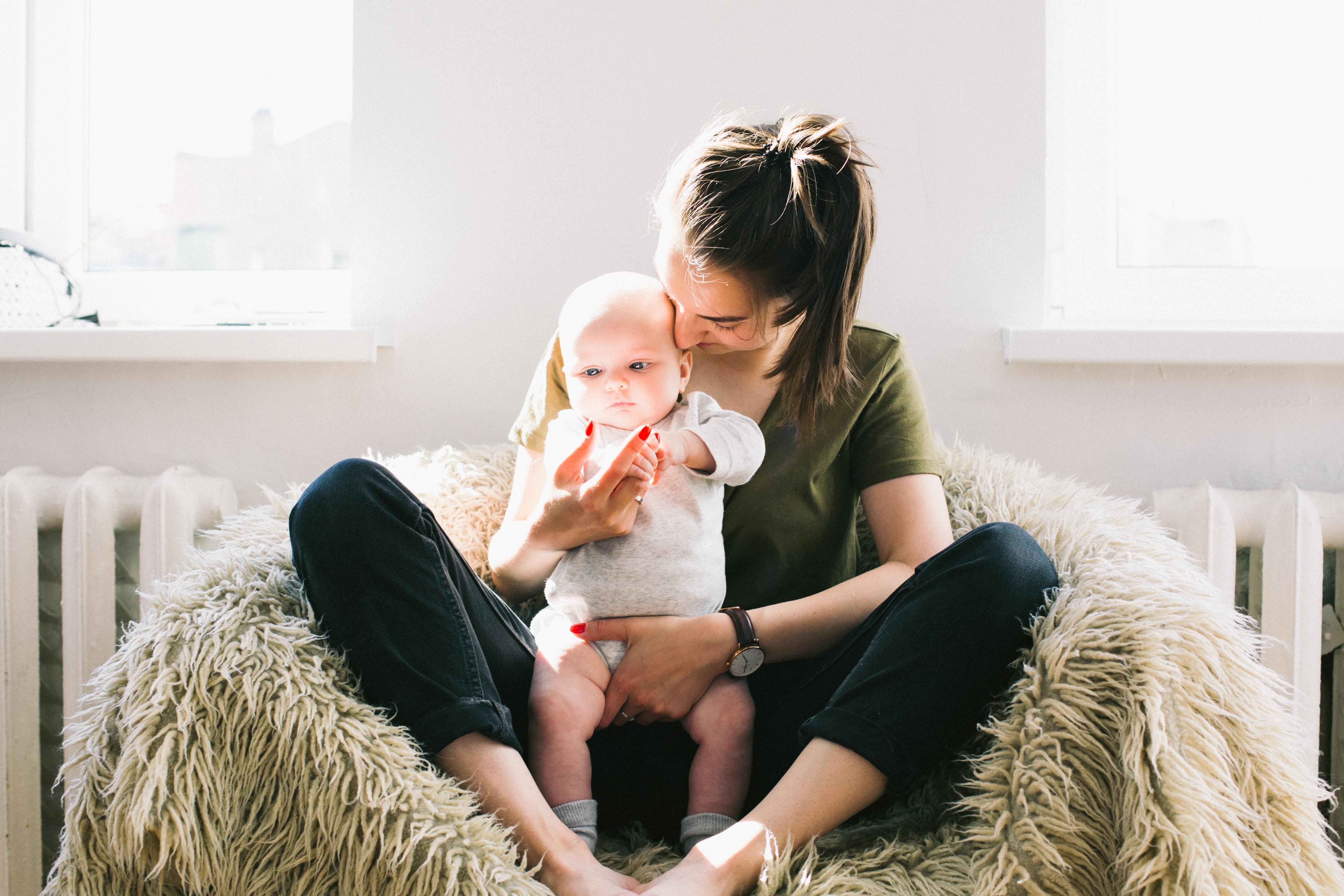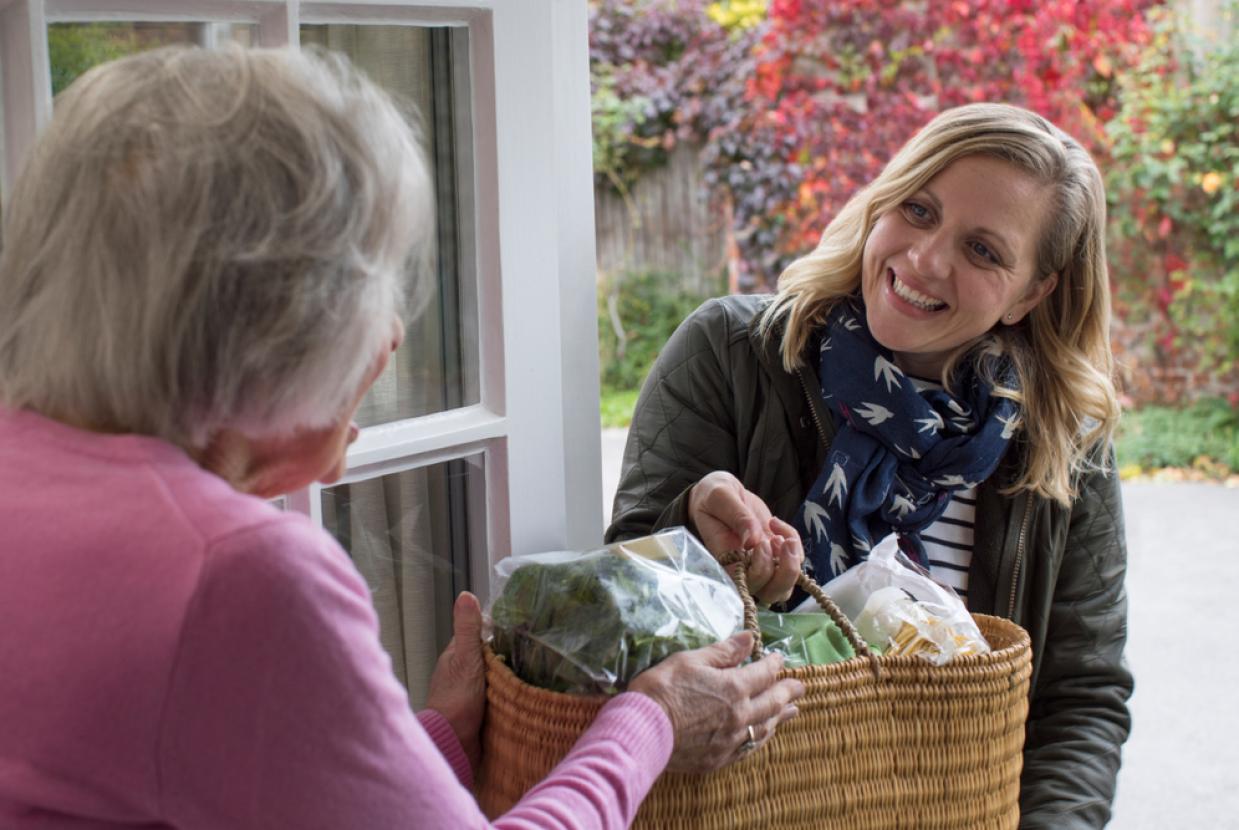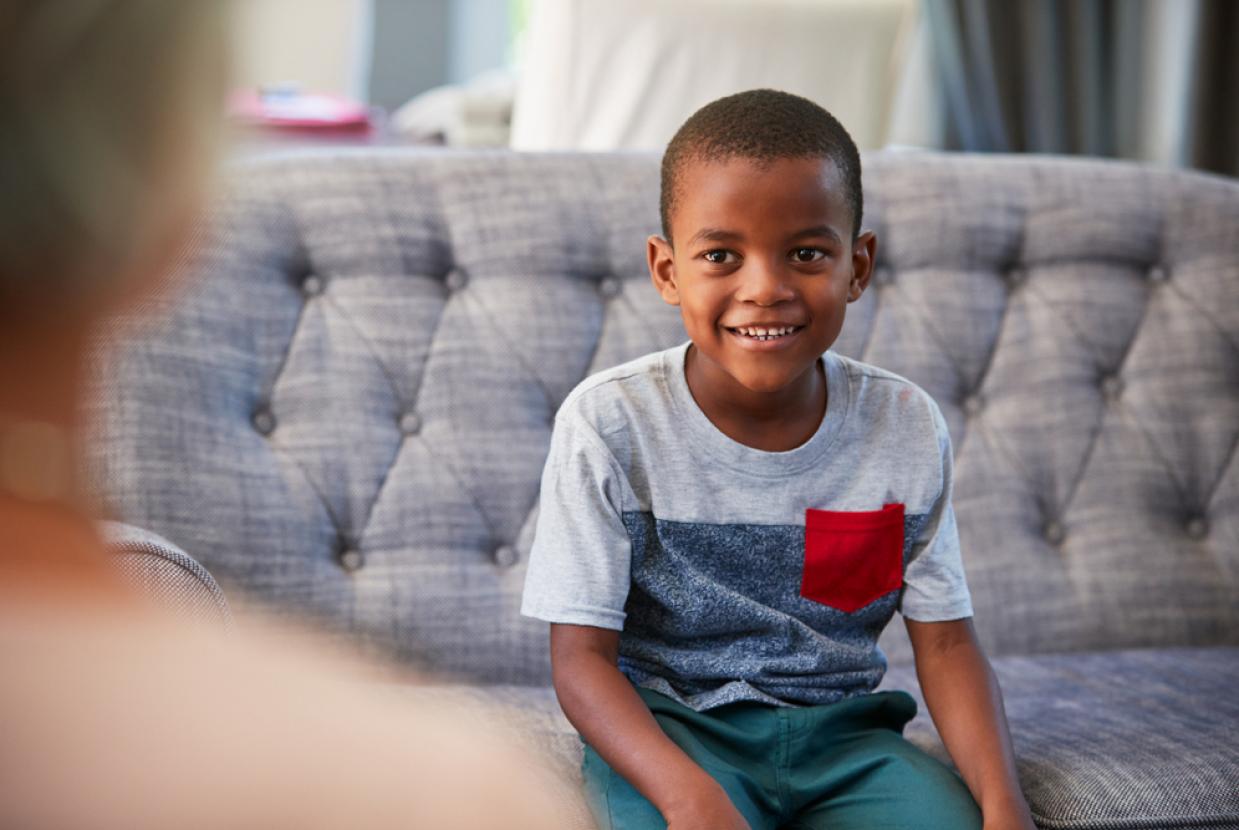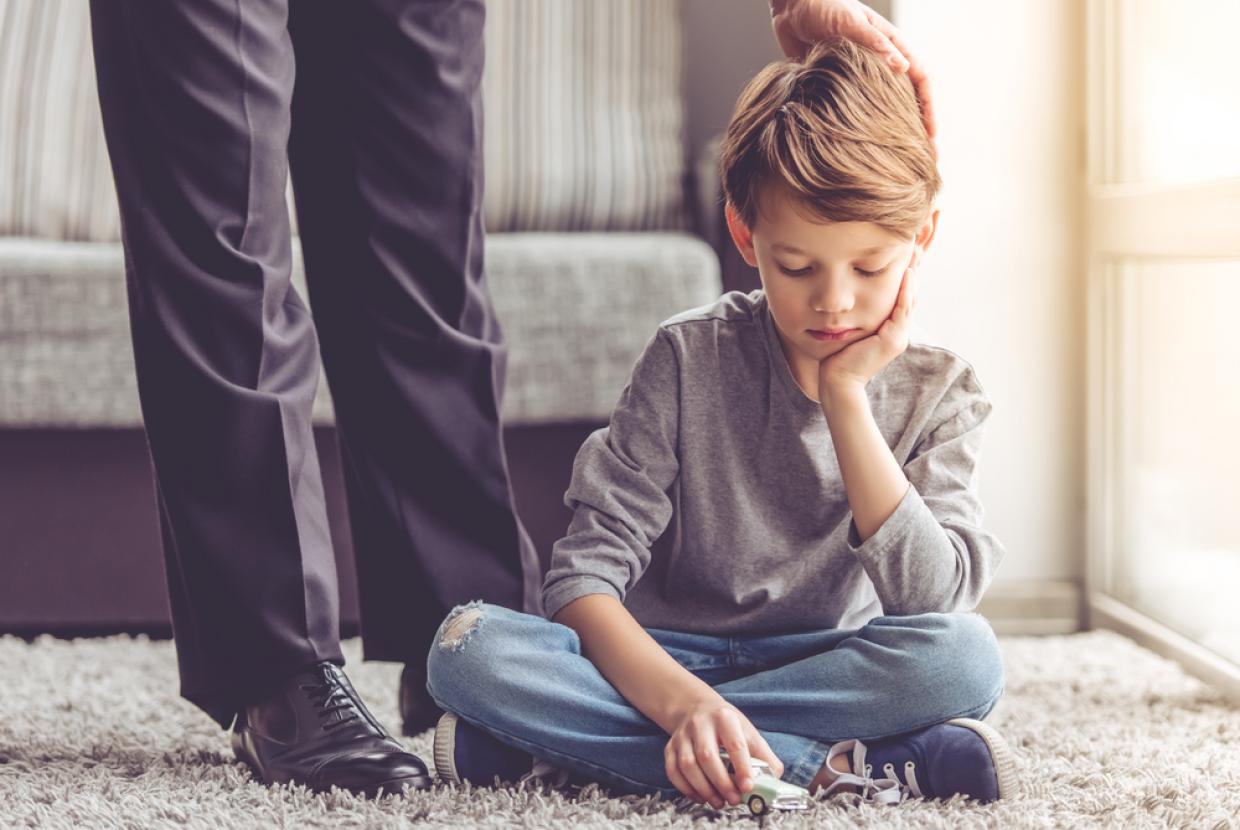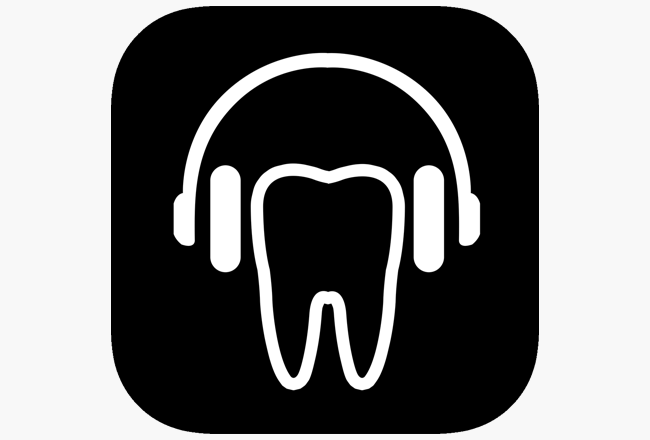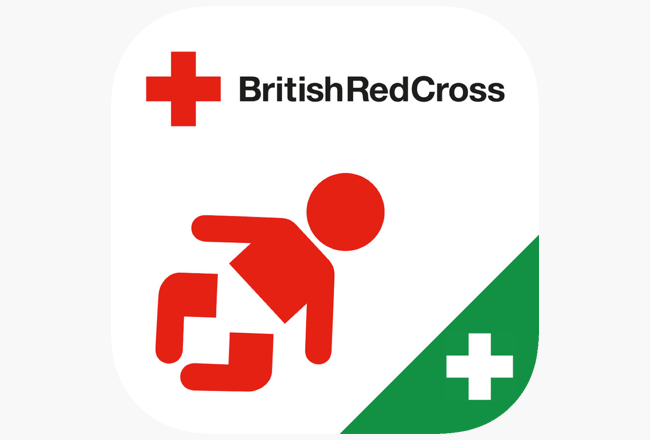Why You Can’t Get Your Teen Out Of Bed
Family HealthYou won’t be the first parent to call your teen lazy and you won’t be the last! But did you know that just because they can’t get out of bed in the morning it doesn’t mean they are lazy.
When they hit adolescence, teens go through biological changes meaning they are more likely to release the sleep hormone melatonin later at night-time. It is this hormone that makes us feel drowsy. During adolescence this is not released until later which means young people can find it hard to nod off. Waking up early, especially for school, is difficult for most teens.
On average, a young person needs around 8-9 hours sleep per night and when they’re sleeping well are more likely to:
- Be mentally alert
- Meet their full potential
- Concentrate in school
- Feel calmer
- Have a stronger immune system
- Release hormones appropriately at night to support their growth and weight
- And much more
If you’re having trouble getting your teenager out of bed in a morning, then there are several practical hints and tips that may help. Talking over worries may well help to put them into perspective.
- Emphasise the importance of sleep and that it improves memory and performance. Teens need at least 8-9 hours’ sleep on school nights.
- Encourage regular exercise – 20 minutes three times a week will help but not too close to bedtime. Suggest leaving a two hour window before bedtime without exercise.
- Get them outside. We know that teens like to hibernate in their bedrooms on their phones but getting some natural daylight is key in resetting the body clock, increasing alertness and helping with sleep.
- Suggest they drink less caffeine (in cola and energy drinks as well as tea and coffee). Too much caffeine stops them falling asleep and prevents deep sleep.
- Point out that eating too much or too little close to bedtime – an over full or empty stomach – may prevent sleep onset, or cause discomfort throughout the night.
- Try and get your teen into a good bed routine – suggest that doing the same things in the same order before going to sleep can help.
- Put some boundaries in place around using electronic devices (TVs, gaming machines and more importantly, tablets and smartphones) in the hour before bedtime. Blue light emitting from these gadgets stimulates the brain and may inhibit melatonin production – the hormone you need to sleep.
- Ensure a good sleep environment – a room that is dark, cool, quiet, safe and comfortable. Remember to look at the bed and pillows and ask if they’re still comfortable.
- Create weekend sleeping rules – it can be tempting to let them stay up later at weekends and sleep in for hours because there is no school but this can shift their body clock even more making the return to school sleep and wake times even harder. Try to keep the bedtimes and wake up times consistent even at a weekend to reinforce good sleep patterns.
- Remember, habits learned in adolescence often become lifetime habits – so make sure good sleep habits are learned early.


